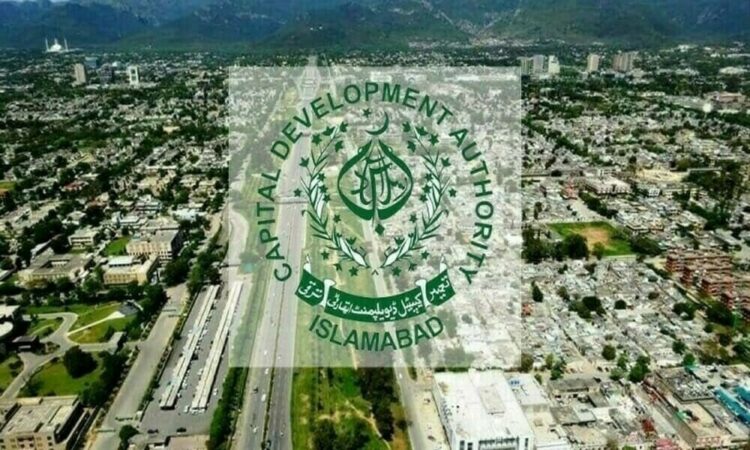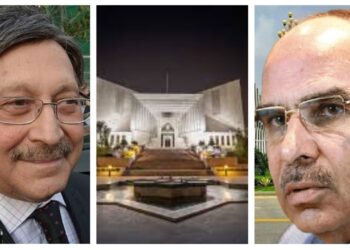ISLAMABAD; The Capital Development Authority (CDA) has approved several major development projects aimed at improving infrastructure, promoting inclusivity, and easing traffic congestion in the federal capital. The decisions were made during the 76th meeting of the CDA Development Working Party (CDA-DWP), chaired by Chairman Muhammad Ali Randhawa at CDA Headquarters.
Key initiatives greenlit during the session include the construction of a dedicated Christian graveyard in Sector H-8/1, a traffic underpass at Shaheen Chowk, and a new flyover at Rawat T-Chowk—reflecting the authority’s renewed focus on public welfare, human rights, and urban modernization.
The Christian graveyard project, approved at an estimated cost of Rs. 275 million, will serve the minority community and aligns with the National Commission for Human Rights’ (NCHR) objectives of promoting social equity, interfaith harmony, and reducing discrimination. Chairman Randhawa emphasized that infrastructure development and human rights must go hand in hand to build an inclusive city.
Another significant project cleared by the CDA-DWP involves resolving chronic traffic congestion at Shaheen Chowk, located at the intersection of 9th Avenue and Khayaban-e-Iqbal. Designed by M/s NESPAK, the Rs. 1.899 billion scheme includes the construction of a 2+2 lane underpass and an at-grade roundabout. Once completed in six months, the project is expected to improve the Present Serviceability Index (PSI) from E to A, ensuring smoother traffic flow.
In addition, the meeting approved a PC-I for a two-lane flyover at Rawat T-Chowk, connecting N-5 (Gujar Khan side) with Islamabad Highway. Designed by M/s NESPAK and estimated to cost Rs. 1.803 billion, the project is scheduled for completion within 12 months and is expected to eliminate signal interruptions, ensuring a seamless traffic corridor along the highway.
Earlier, Chairman Randhawa presided over a high-level meeting at the Chief Commissioner’s Office, where he reiterated that meeting Islamabad’s growing residential needs is a top priority alongside development and beautification. He stressed that strict action would be taken against illegal constructions and unauthorized housing schemes to ensure regulated urban growth.
During the session, CDA Member Planning briefed the chairman on legal proceedings initiated against unlawful housing societies across various zones. Randhawa directed that all private and cooperative societies be systematically categorized, and a centralized digital database be developed to track layout plans, NOCs, and plot allotments—especially in cases where plots have been sold beyond approved limits.
The CDA has also published updated information about legal and illegal housing societies on its official website, enabling citizens to verify the status of any society prior to investment. Additionally, legal measures will be taken against suppliers of construction materials to unauthorized housing schemes.
Officials were instructed to ensure the implementation of ICT Zoning Regulations, with a zero-tolerance policy toward encroachments and illegal construction. Randhawa underscored that protecting public interest and preserving Islamabad’s natural environment will remain a cornerstone of CDA’s enforcement strategy.
The 76th CDA-DWP meeting was attended by senior officers from the Planning, Development & Special Initiatives Division, Ministry of Interior, Finance Division, CDA Board members, project consultants, and other stakeholders.
























